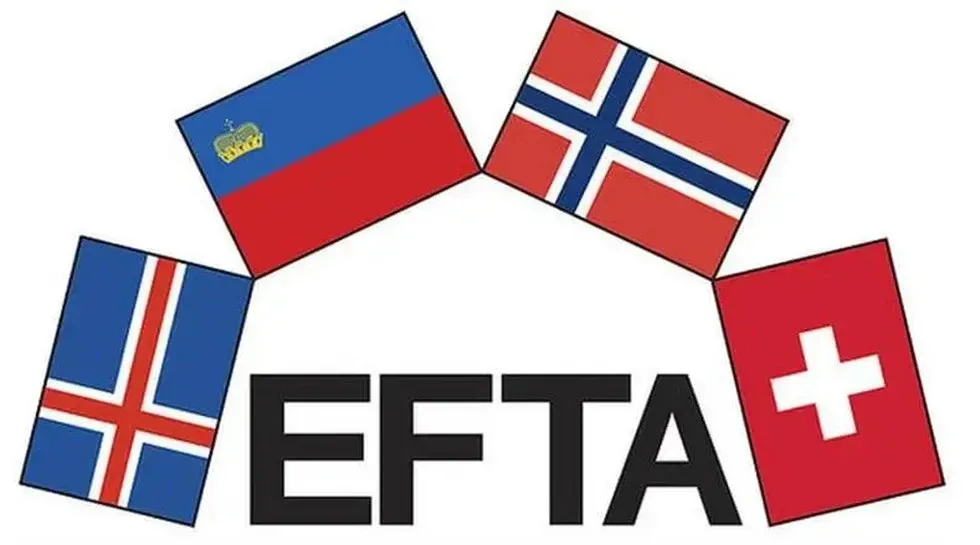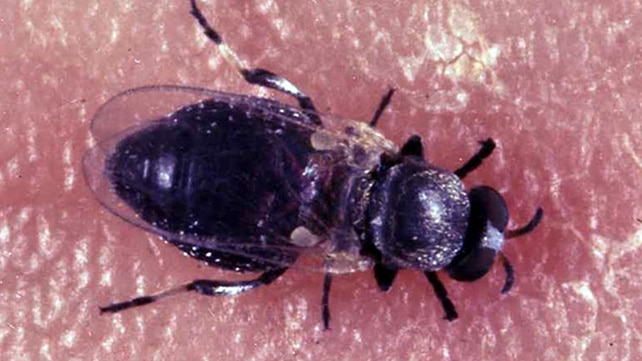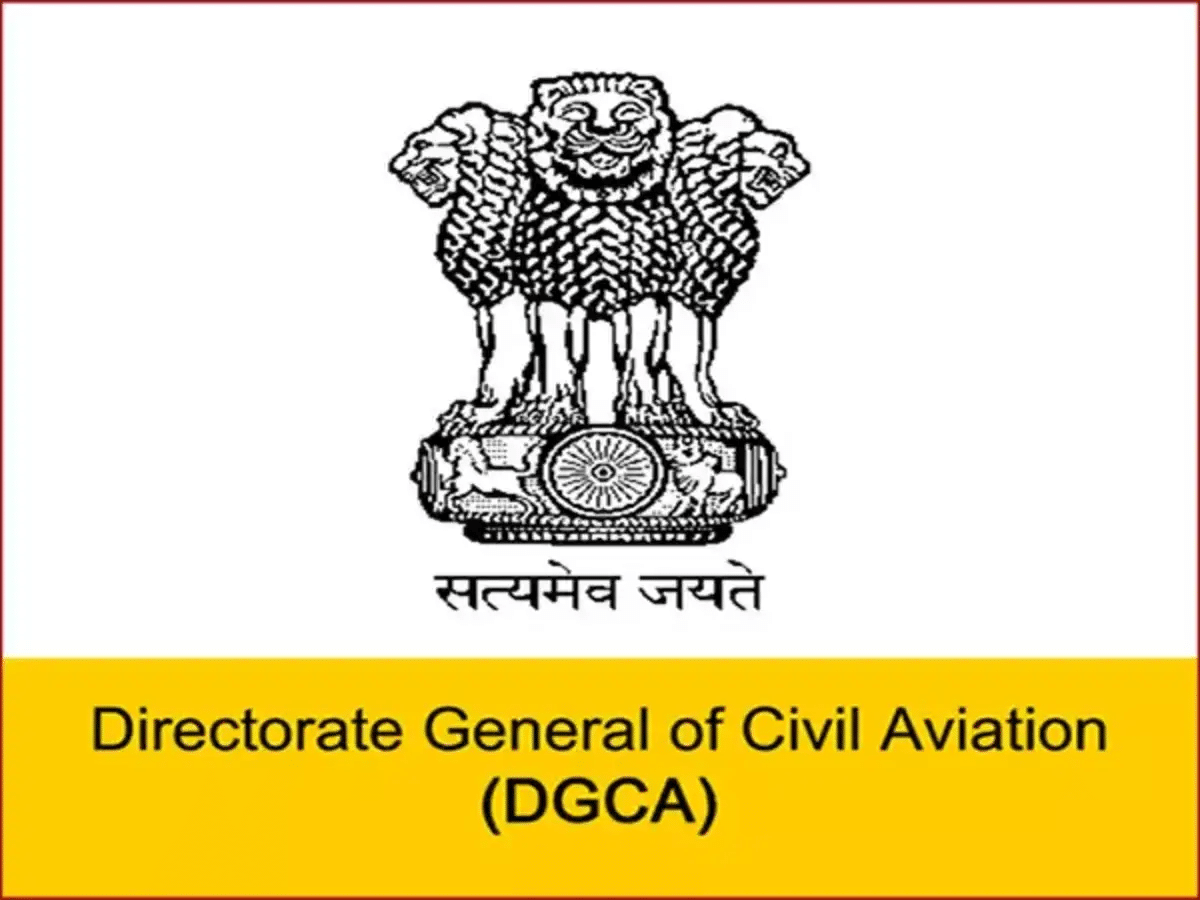About European Free Trade Association
- It is an intergovernmental organisation established in 1960 by the Stockholm Convention.
- Objective: Promotes free trade and economic integration between its members within Europe and globally.
- Member Countries: Iceland, Liechtenstein, Norway, and Switzerland.
- The members of this organization are all open, competitive economies committed to the progressive liberalisation of trade in the multinational arena as well as in free trade agreements.
- In contrast to the European Union (EU), it is not a customs union.
- Governance
- Its highest governing body is the EFTA Council. It generally meets 8 times a year at the ambassadorial level and twice a year at the ministerial level.
- EFTA Surveillance Authority (ESA): It monitors compliance with European Economic Area (EEA) rules in Iceland, Liechtenstein and Norway.
- EFTA Court: It is based in Luxembourg and has the competence and authority to settle internal and external disputes regarding the implementation, application or interpretation of the EEA agreement.
- The headquarters of the EFTA Secretariat is located in Geneva. It assists the EFTA Council in the management of relations between the 4 EFTA States and deals with the negotiation and operation of EFTA’s FTAs.
What is India’s concern?
- Data exclusivity provisions will bar generic drug producers from using data of preclinical tests and clinical trials of former patent holders.
- If generic medicine makers wish to introduce their version of an off-patent drug then they will have to either generate their own clinical data or wait for the exclusivity period to end.
Q1) What is a customs union?
It is an agreement between two or more countries to remove trade barriers and lower or eliminate tariffs. Members of a customs union generally apply a common external tariff on imports from non-member countries.
Source: India rejects EFTA’s data exclusivity demand in trade pact talks
Last updated on November, 2025
→ Check out the latest UPSC Syllabus 2026 here.
→ Join Vajiram & Ravi’s Interview Guidance Programme for expert help to crack your final UPSC stage.
→ UPSC Mains Result 2025 is now out.
→ UPSC Notification 2026 is scheduled to be released on January 14, 2026.
→ UPSC Calendar 2026 is released on 15th May, 2025.
→ The UPSC Vacancy 2025 were released 1129, out of which 979 were for UPSC CSE and remaining 150 are for UPSC IFoS.
→ UPSC Prelims 2026 will be conducted on 24th May, 2026 & UPSC Mains 2026 will be conducted on 21st August 2026.
→ The UPSC Selection Process is of 3 stages-Prelims, Mains and Interview.
→ UPSC Result 2024 is released with latest UPSC Marksheet 2024. Check Now!
→ UPSC Prelims Result 2025 is out now for the CSE held on 25 May 2025.
→ UPSC Toppers List 2024 is released now. Shakti Dubey is UPSC AIR 1 2024 Topper.
→ UPSC Prelims Question Paper 2025 and Unofficial Prelims Answer Key 2025 are available now.
→ UPSC Mains Question Paper 2025 is out for Essay, GS 1, 2, 3 & GS 4.
→ UPSC Mains Indian Language Question Paper 2025 is now out.
→ UPSC Mains Optional Question Paper 2025 is now out.
→ Also check Best IAS Coaching in Delhi

















